Resources For Counselors
As an Amazon Associate, I earn from qualifying purchases
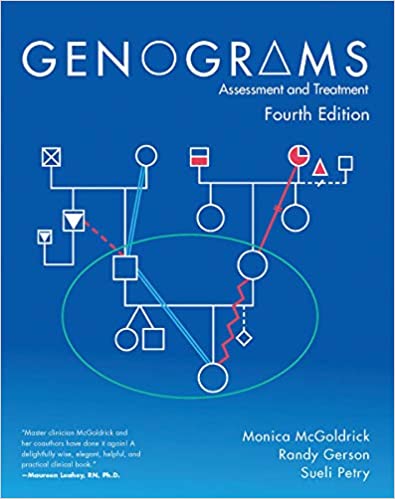
Genogram: Assessment
and Treatment
This (4th edition) best-selling text provides a standard method for constructing a genogram, doing a genogram interview, and interpreting the results.
– by Monica McGoldrick & Randy Gerson (2020)
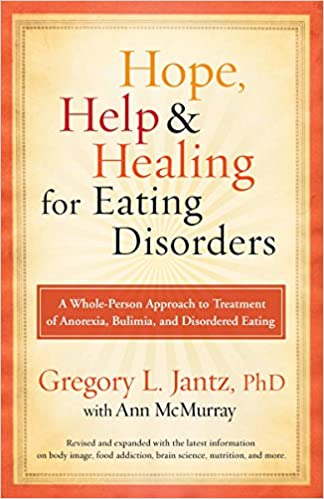
Hope, Help & Healing for Eating Disorders
In this powerful book for individuals suffering from eating disorders―as well as those wanting to help―Dr. Gregory Jantz offers a well-tested and successful approach that addresses the emotional, relational, physical, and spiritual dimensions of healing from an eating disorder.
– by Gregory Jantz (2010)
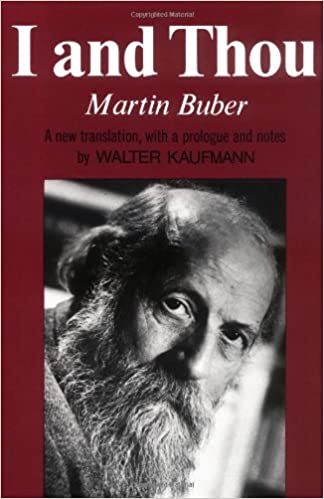
I and Thou
Buber explains at length the range and ramifications of the ways people treat one another, and the ways they bear themselves in the natural world.
– by Martin Buber (1971)
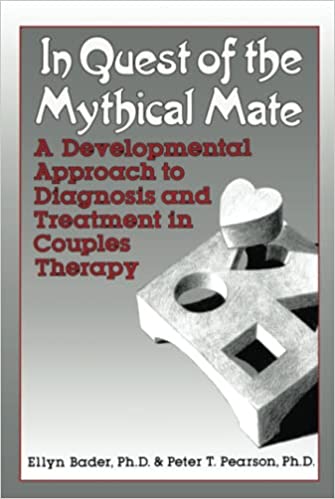
In Quest of the Mythical Mate
The authors offer a developmental model for diagnosing and treating couples that is flexible enough to incorporate a wide variety of intervention strategies, yet purposeful enough to give a clear sense of direction to couples in distress.
– by Ellen Bader & Peter Pearson (1988)
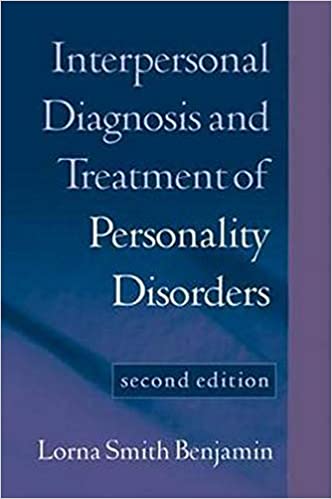
Interpersonal Diagnosis and
Treatment of Personality Disorders
This influential work helps clinicians resolve questions of overlap among diagnostic categories, offers specific and sensible suggestions for treatment interventions, and describes common transference problems in therapy.
– by Lorna Smith Benjamin (2002)
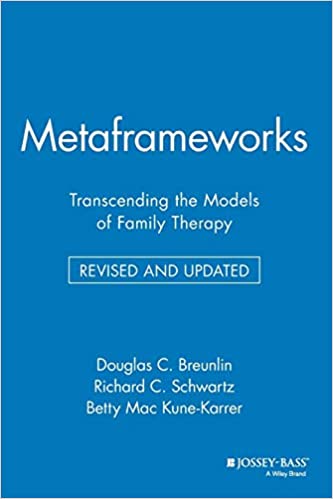
Metaframeworks: Transcending the Models of Family Therapy
This breakthrough book takes you beyond the theoretical boundaries that currently constrain family therapy and leads instead to an innovative approach.
– by Breunlin, Schwartz and Kune-Karrer (1997)
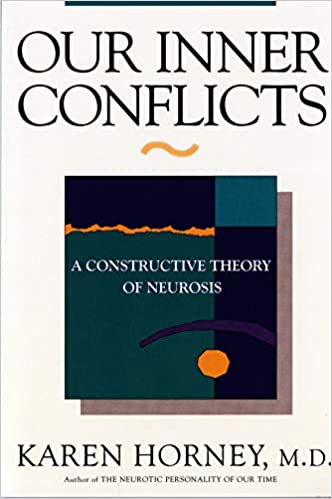
Our Inner
Conflicts
A dynamic theory of neurosis centered on the basic conflict among attitudes of “moving forward” “moving against,” and “moving away from” people.
– by Karen Horney (1993)
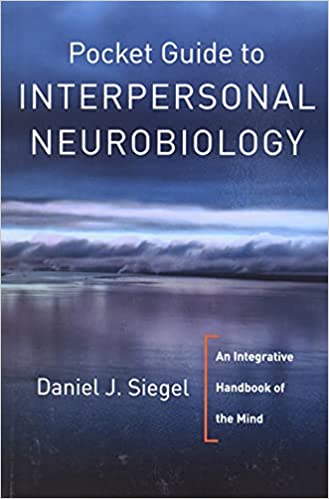
Pocket Guide To Interpersonal Neurobiology: An Integrative Handbook Of The Mind
This Pocket Guide to Interpersonal Neurobiology is designed to aid in your personal and professional application of the interpersonal neurobiology approach to developing a healthy mind, an integrated brain, and empathic relationships.
– by Daniel Seigel (2012)
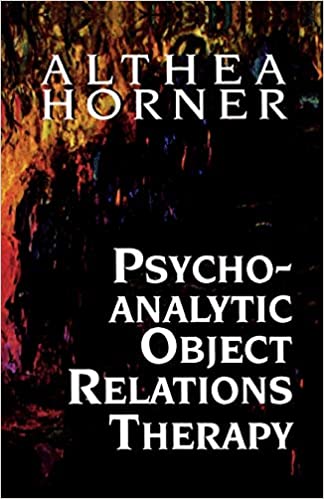
Psychoanalytic Object Relations Therapy
She considers the importance of finding the interpersonal metaphor embedded in the patient’s material, the various kinds of interventions made by the therapist, and the multiple ways the patient uses the therapist, such as a selfobject, a container, and an object for identification.
– by Althea Horner (1999)
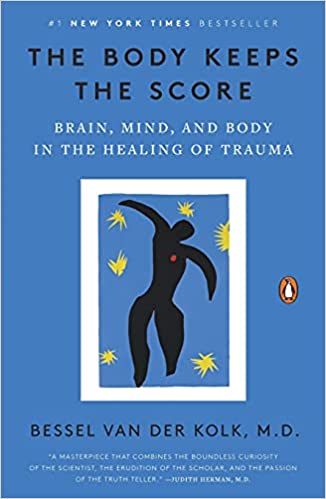
The Body
Keeps the Score
Essential reading for anyone interested in understanding and treating traumatic stress and the scope of its impact on society.
– by Bessel Van Der Kolk (2015)
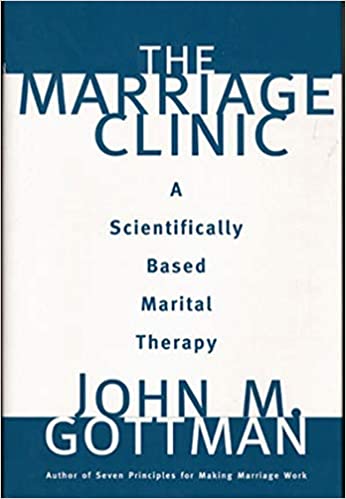
The Marriage Clinic
In prospective, long-term research with over 700 couples, Gottman has discovered certain factors that distinguish happy, stable couples from both unstable, ultimately divorcing couples and stable but unhappy couples.
– by John Gottman (1999)
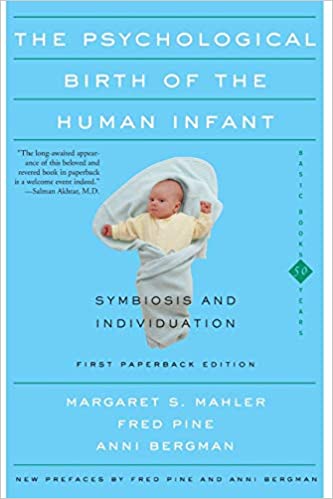
The Psychological Birth Of The Human Infant Symbiosis And Individuation
The pioneering contribution to infant psychology that gave us separation and individuation documents with standard-setting care the intrapsychic process of a child’s emergence from symbiotic fusion with the mother toward affirmation of his own psychological birth
– by Margaret Mahler, Fred Pine, Anni Bergman (2000)
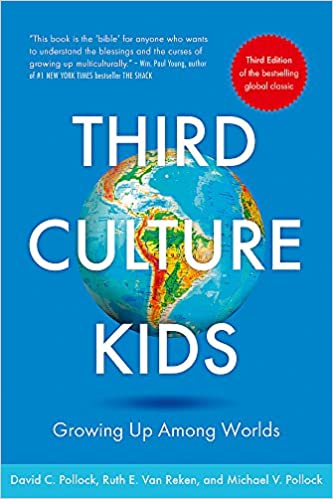
Third Culture Kids
This book addresses the impact of technology, cultural complexity, diversity and inclusion and transitions and offers advice for parents and others for how to support TCKs as they navigate work, relationships, social settings and their own personal development.
– by Ruth Van Reken, Michael Pollack and David Pollack (2017)
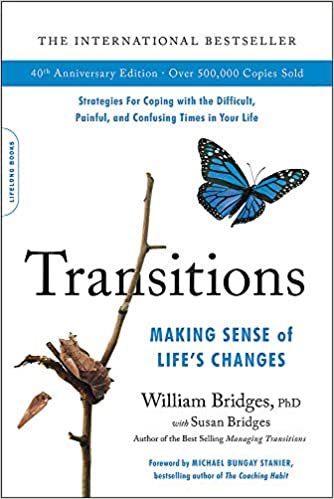
Transitions: Making Sense of Life's Changes
The 40th Anniversary Edition of Transitions takes readers step-by-step through the three perilous stages of any transition, explaining how each stage can be understood and embraced.
– by William Bridges and Susan Bridges (2019)
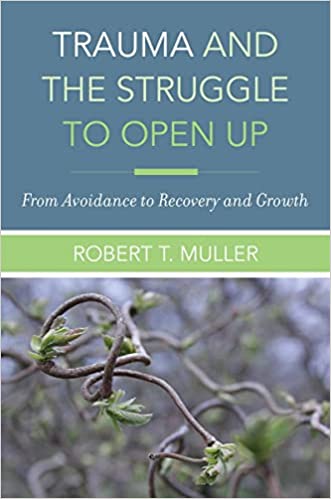
Trauma & the Struggle to Open Up
Grounded firmly in attachment and trauma theory, this book shows how to use the psychotherapy relationship, to help clients find self-understanding and healing from trauma.
– by Robert Muller (2018)
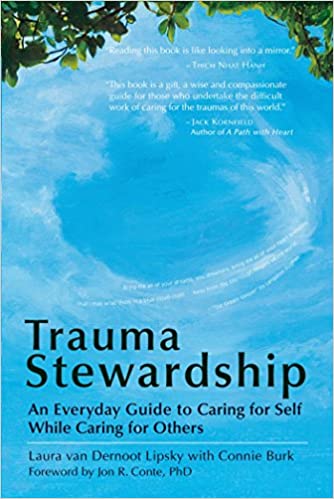
Trauma Stewardship
The authors offer a deep and empathetic survey of the often-unrecognized toll taken on those working to make the world a better place.
– by Laura Von Dermoot Lipsky & Connie Burk (2009)
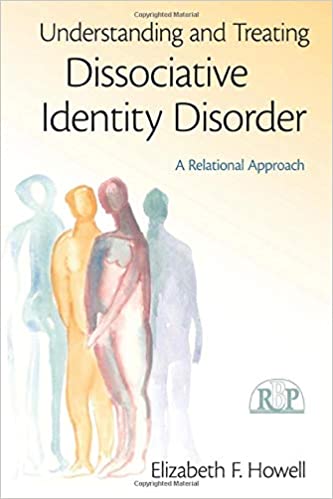
Understanding and Treating Dissociative Identity Disorder
Working within the realm of relational psychoanalysis, the author offers a multifaceted approach to the treatment of this condition, resulting from severe trauma, which involves the partitioning of the personality into part-selves that remain unaware of one another in order to survive.
– by Elizabeth Howell (2011)
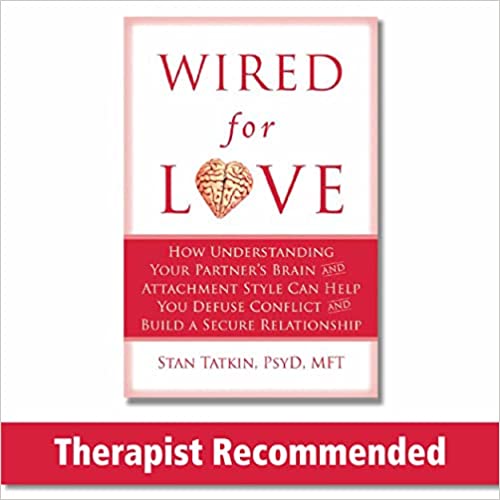
Wired For Love
Synthesizing research findings on how and why love lasts drawn from neuroscience, attachment theory, and emotion regulation, this book presents ten guiding principles that can improve any relationship.
– by Stan Tatkin (2012)
